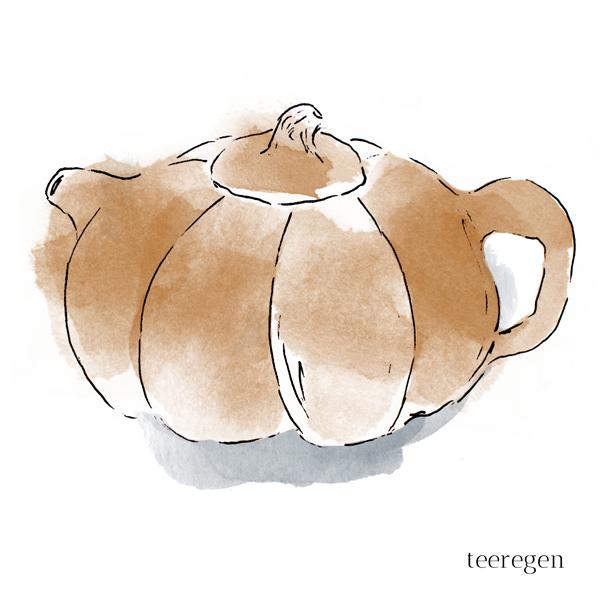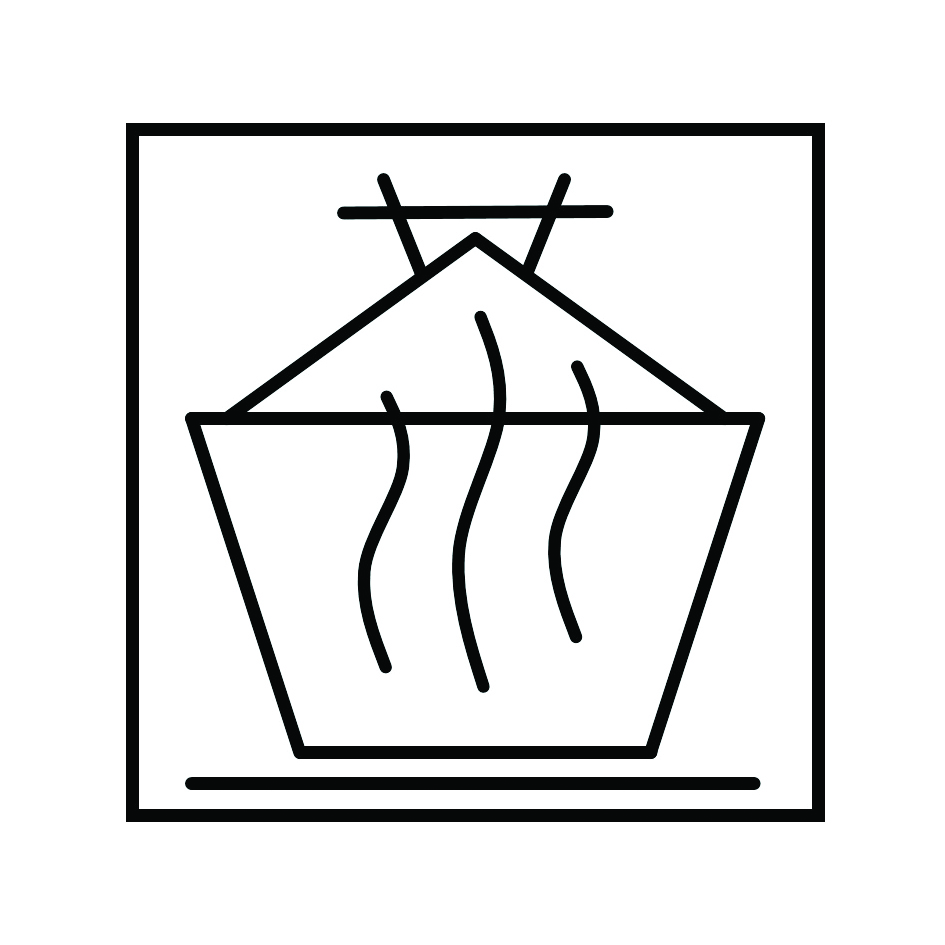Yixing meets Baroque.

南瓜
–
nangua
–
pumpkin
Today, we will look at the nangua or pumpkin teapot as a representative of a broader category of teapot shapes.
Let’s back up for a second: in general, there are two very broad categories of teapots:
- geometric shapes like round, square, hexagonal, octagonal, segmental, pyramidal, cylindrycal, conical…
- naturalistic shapes inspired by flora and fauna
These two styles are not mutually exclusive, you could have a hexagonal teapot that looks like a flower, for example.
While the early teapots were mostly geometric, the naturalistic shape became more and more popular during the 19th century. Common shapes were pumpkin, different gourds, bamboo, lotus, eggplant, peach, chrysanthemum, buddha’s hand, persimmon, tree trunk…
Similar to the European baroque style, decoration and ornamentation went crazy, with motifs of leaves, vines, animals and even insects adorning the teapots.
The pumpkin teapots of today are (for the most part) a little more subtle, it is usually a segmented pot with the lid knob shaped like a vine. It may or may not have decorative elements like leaves.
On an additional note, these naturalistic shapes are seen with yixing clay pots but not with jianshui or chaozhou clay. Yixing clay is formed by moulding or padding it by hand, meaning that you can make it into any shape you want. Jianshui and chaozhou clay is thrown on a potter’s wheel so you can only make round shapes.
Get yourself some ‚Teapot Shapes II‘ postcards!
LY
